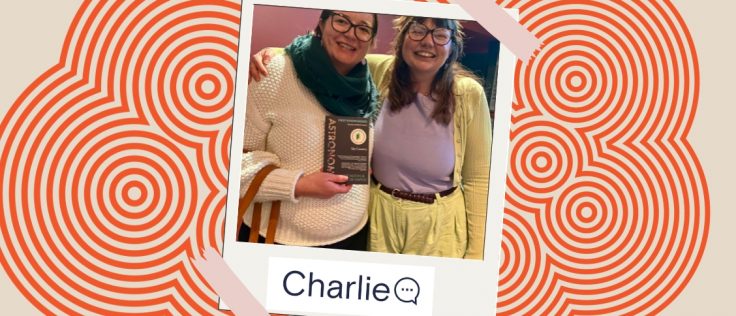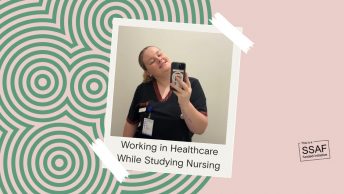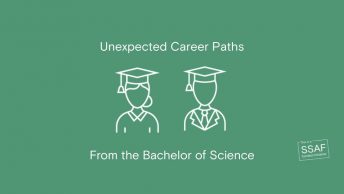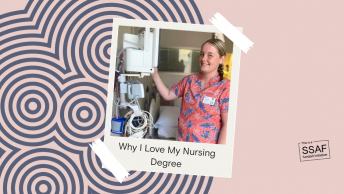Written by Michelle Curry
STEM is an acronym for Science, Technology, Engineering and Mathematics.
While these four areas of study are not new, their combined focus emphasises the importance of an interdisciplinary approach to education and careers in these fields.
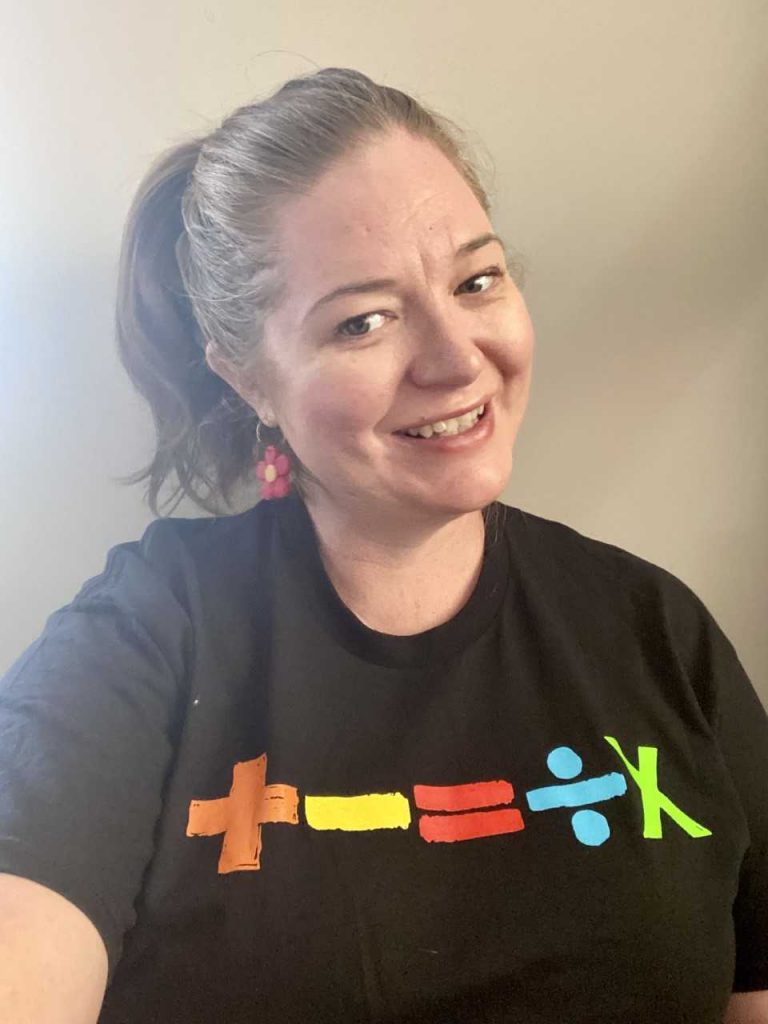
Why I chose STEM
My decision to pursue a career in STEM has been influenced by the profound impact that these fields have on society.
STEM education is crucial in Australia because as the world becomes increasingly reliant on technology and scientific advancements, STEM skills are essential to prepare for the future.
As a Mathematics major, during session one this year, I studied Highly Effective Teaching: Primary STEM.
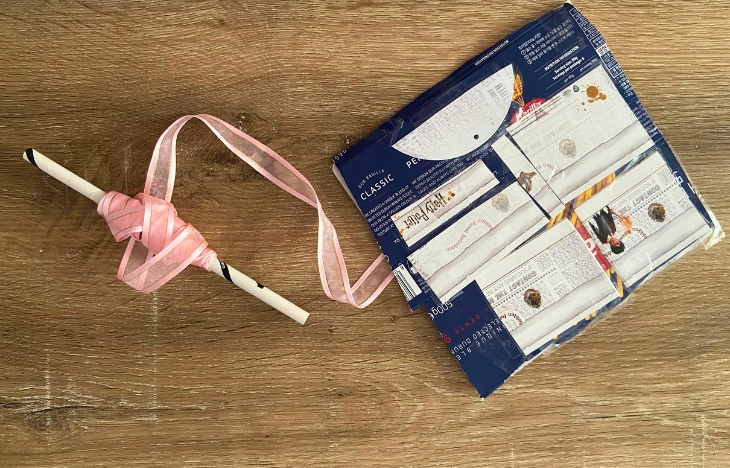
This subject highlighted how STEM education aims to develop critical thinking, problem-solving abilities, creativity, collaboration skills, and effective communication skills. These attributes are essential for success in the 21st century.
The Australian Government – Department of Education (2023) predicts that future workers will spend “twice as much time” on tasks requiring math, science, and critical thinking skills than they do today.
Breaking stereotypes and the power of role models
One of the most significant barriers women face in STEM is the stereotype that these fields are male dominated.
This stereotype not only discourages young girls from pursuing STEM careers but also undermines the confidence of women who are already in these fields.
In May this year, I attended a book talk by Karlie Noon, a Gamilaroi astronomer and science communicator, who has spent the past ten years promoting Indigenous astronomical knowledge systems and advocating for more women in STEM.
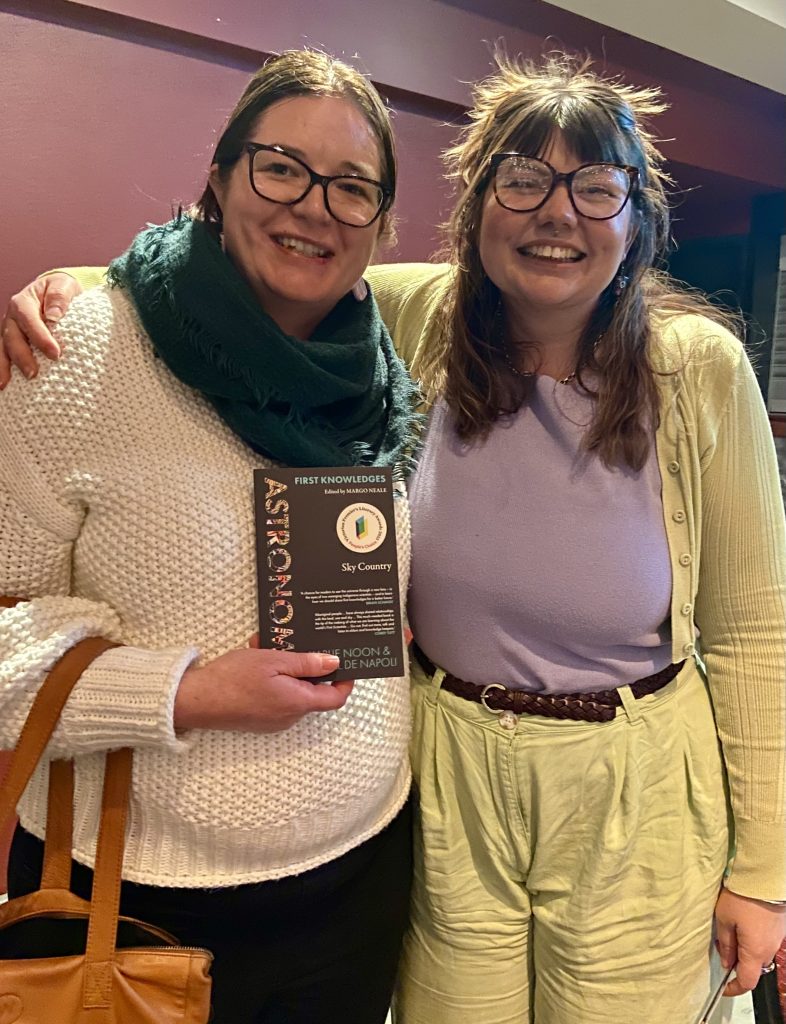
I have followed her throughout my degree and was excited to meet and talk to her in person. During this event, Karlie mentioned that a school teacher once told her, “She can’t do mathematics because she is a girl”.
Despite this discouragement, she persevered and went on to be the first Indigenous woman to graduate with a combined degree in mathematics and science.
Her story resonated deeply with me, as I too have been told: “Women can’t do mathematics”.
Seeing women like Karlie, succeed against the odds provides powerful motivation and valuation for women and girls considering a career in STEM.
My personal experience
Throughout my academic journey, I have encountered challenges and triumphs. There have been moments of self-doubt, and instances in my classes where I have been out-numbered or the only female in the subject.
However, during my practicums, it has been women in the head teacher roles, and faculties full of female staff who have provided me with support and opportunities to thrive.
My love for STEM has also deepened by listening to my two daughters who tell me how much they love STEM at school and they remind me that “women can do anything”.
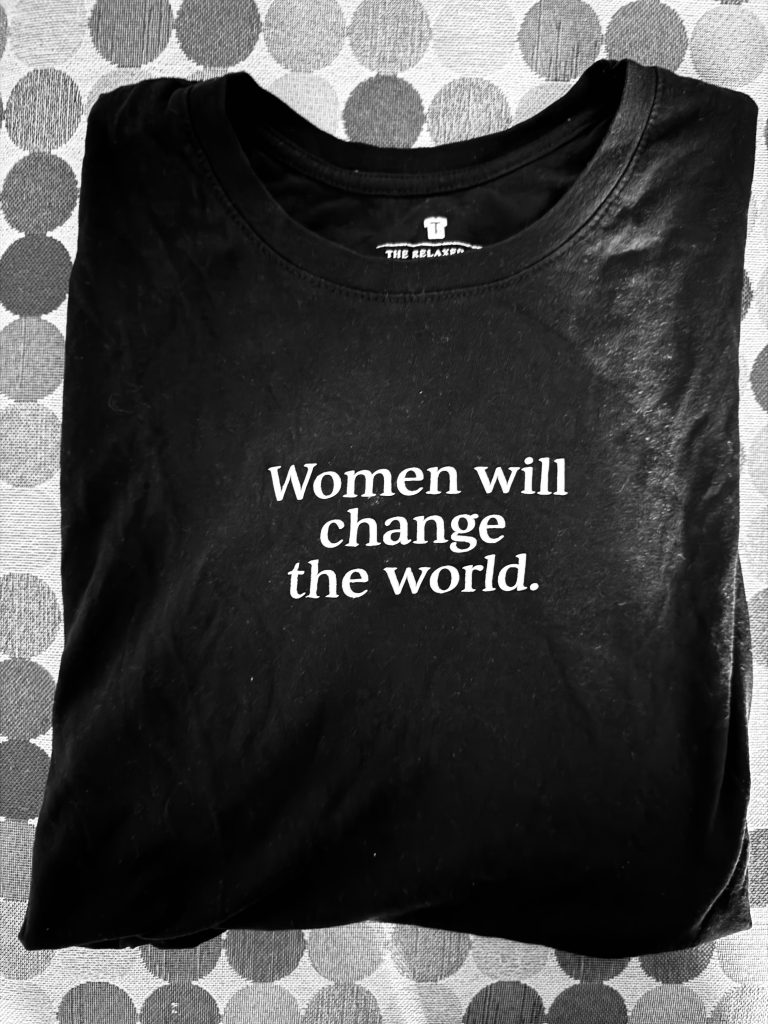
This reinforces the importance of challenging outdated notations.
Looking ahead, I am excited about what the future holds as I complete my education degree at the end of this year.
I hope to help create a more inclusive and equitable future where women are equally represented and celebrated across all four STEM disciplines.


